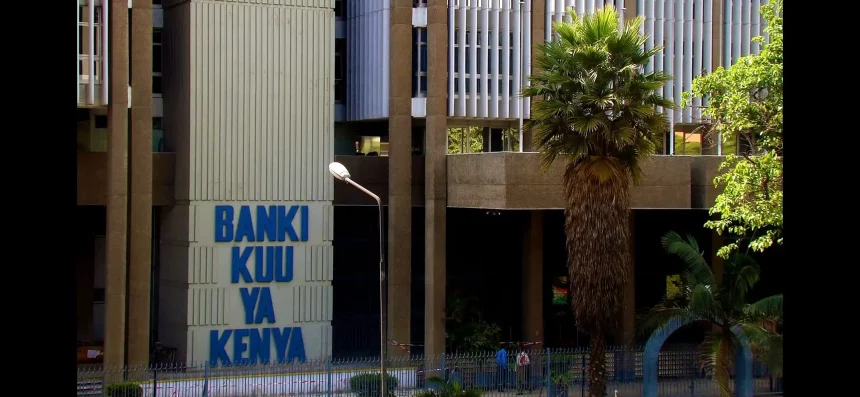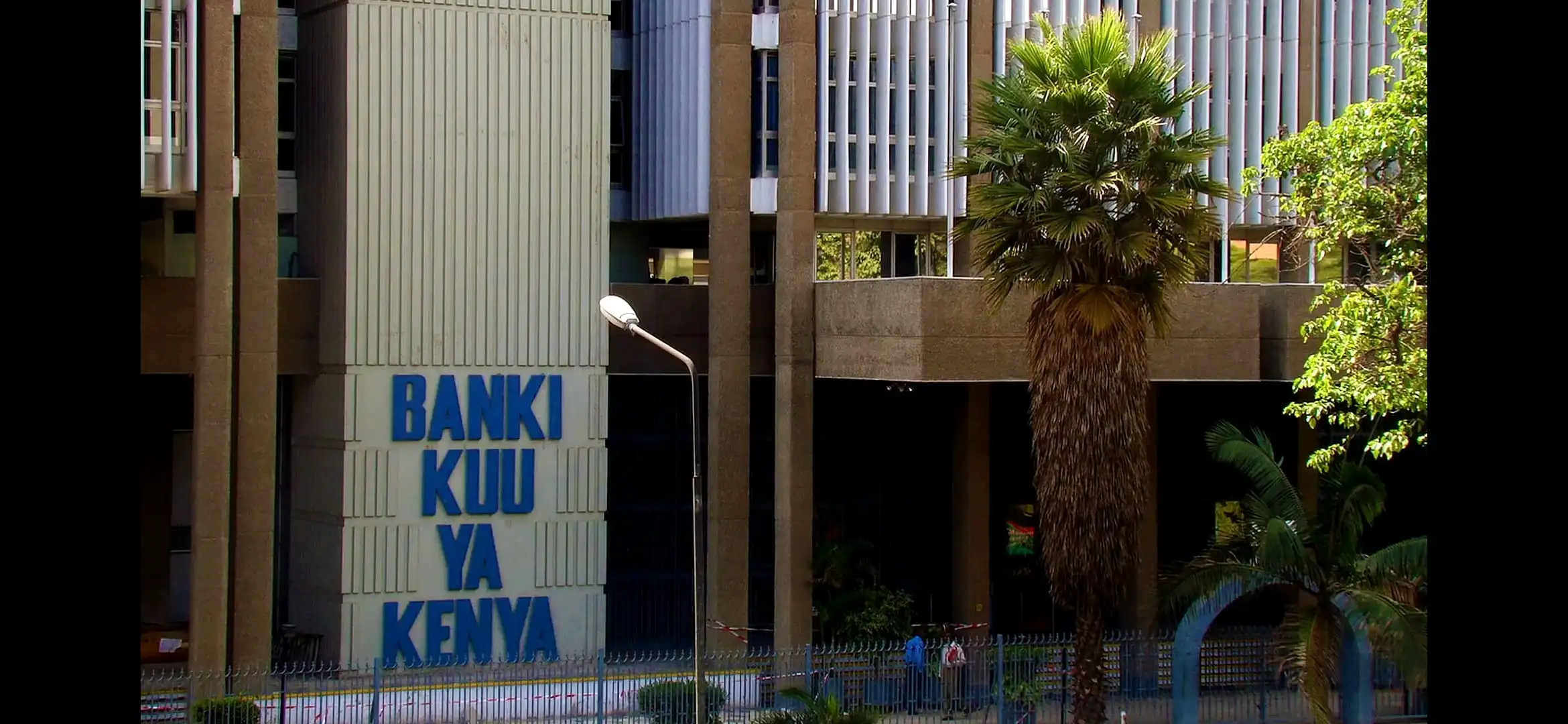Banks have this year intensified competition for cash by raising the average fixed deposit rate to a 52-month high of 7.54 percent by the end of February, the latest data from the Central Bank of Kenya (CBK) shows.
The money market has been experiencing tight liquidity that has been aggravated by the increase in CBK’s benchmark lending rate. The sustained deposit mobilisation by banks saw the stock of time and saving deposits — or fixed deposits — grew by Sh67.1 billion to Sh1.68 trillion between October 2022 and February this year.
Wealthy individuals and businesses, spooked by an uncertain environment, have been locking away their cash in fixed deposits.
“With election-induced uncertainty having melted away and with the benchmark rate having dialled higher, banks had to attract deposits by increasing their fixed deposit rates,” said Churchill Ogutu, a senior researcher at the Mauritius-based IC Group, a financial provider.
This is the highest reading of the amount of money in fixed deposit accounts since May 2018.
Year-on-year, this represents a growth of five percent, the highest since March last year.
The higher return on fixed deposits is set to be a windfall, particularly for fund managers and large institutions who are the majority investors in fixed deposits in sharp contrast to retail investors who largely hold short-term deposits.
Kenyan banks offer two types of fixed deposit accounts; call deposits and time deposits with each type differing from bank to bank.
Most banks, nevertheless, require a high minimum balance on the fixed deposit accounts, locking out a significant number of retail investors.
As investors have taken a wait-and-see approach by stashing their cash in fixed deposits and short-term Treasury bills, the government has struggled to raise enough funds through long-term bonds, the bedrock of budget deficit financing.
The situation has arisen out of an expectation that interest rates will keep going up, due to the increase in Central Bank Rate in a bid to combat high prices in the economy.
It is also an indication that the wealthy are protecting their value and hedging rather than seeking new areas in which to invest their fortunes amid the economic fallout from the pandemic.
“Everybody is chasing liquidity,” said Wesley Manambo, a research analyst at Genghis Capital, an investment bank.
Mr Manambo noted that deposits are expected to grow with a lot of banks also giving depositors better returns to remain competitive.




